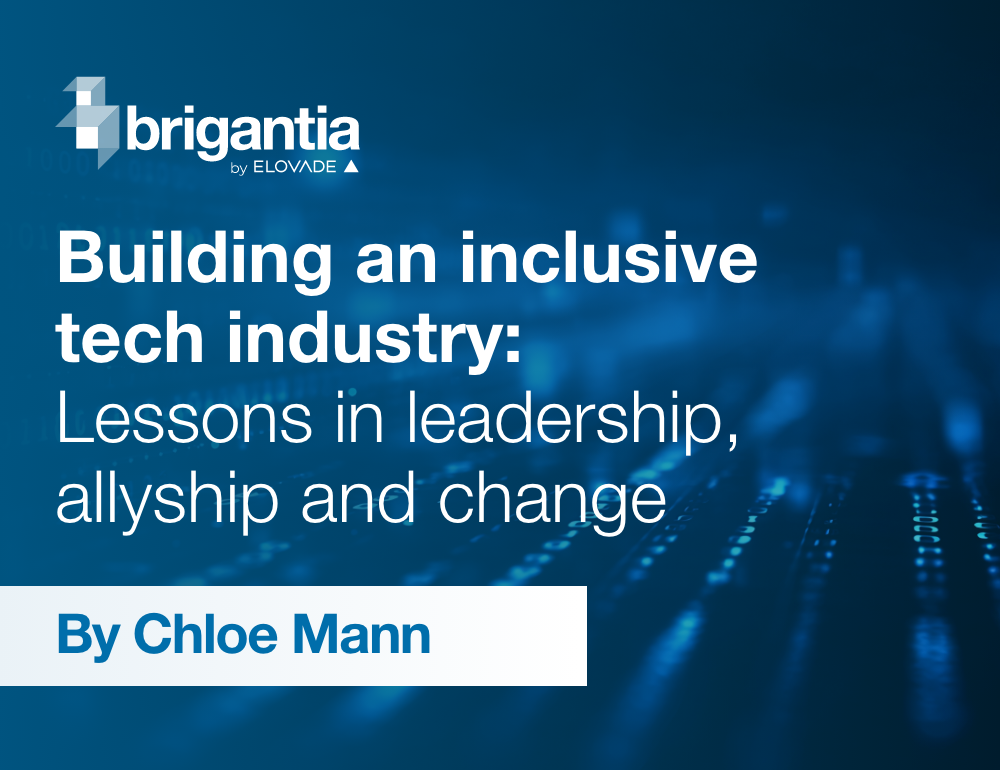Unless you have been living under a rock for the last year, you will have heard about ChatGPT and the various other AI “chatbots” that suddenly appeared amidst a flurry of excitement and Luddite-like panic. Effectively, these chatbots can provide all kinds of answers to all kinds of questions. Some of the answers turned out to not be all that accurate, but this is still early days for this technology.
Following on from the success of chatbots, the organisations that made them are currently developing and beta testing AI agents. Unlike the chatbots, these agents can learn and keep track of multiple things and most importantly of all, AI agents can take actions for you. Think about if you call a company and speak to someone about the products and services that the company offers, get the expert advice from the person you speak to, and then place an order with the company. The person that you spoke to had “agency” for the company; that is what AI agents are going to be capable of doing. Except that the AI agent would have far greater knowledge of the products and services offered, real-time information about stocks in different locations (for example) and exact shipping data. Needless to say, once in place, AI agents will not come with the raft of costs and problems that employing people can bring.
The future of organisations using AI agents is poised to be transformative, reshaping industries, work processes, and the global economy at large. AI agents, with their ability to learn, adapt, and execute tasks with unprecedented efficiency, are expected to become integral components of organisations across various sectors.
One of the most immediate impacts of AI agents on organisations will be the profound level of integration and automation they offer. From customer service chatbots to advanced data analysis tools, AI agents are streamlining operations, reducing human error, and increasing efficiency. In sectors such as finance and manufacturing, the automation of repetitive tasks frees up human employees to focus on more complex and creative aspects of their roles, enhancing productivity and innovation.
AI agents are not just operational tools; they will also become strategic partners in decision-making processes. With their ability to process and analyse vast amounts of data at speeds unattainable by humans, AI agents provide insights that can inform better business decisions. They can predict market trends, identify new opportunities, and even assess risks, enabling organisations to strategize with a level of precision and foresight previously unattainable.
The future will also see AI agents revolutionising the way businesses interact with their customers. Personalisation, powered by AI, allows companies to offer tailored experiences, recommendations, and services to individual customers, enhancing satisfaction and loyalty. AI agents can analyse customer behaviour, preferences, and feedback in real-time, enabling businesses to adapt their offerings and communications to meet the evolving needs and expectations of their market.
Despite the numerous benefits, the integration of AI agents into organisations also presents challenges. Ethical considerations, such as privacy, security, and the potential for bias in AI algorithms are of paramount concern. Organisations must navigate these issues carefully, implementing robust governance frameworks and ethical guidelines to ensure that AI technologies are used responsibly and transparently.
A workforce transformation prompted by AI agents necessitates a rethinking of skills and roles within organisations. As some jobs become automated, there will be a growing demand for new skills, particularly those related to AI and data science, as well as “human” skills such as creativity, empathy, and complex problem-solving. Both Governments and organisations will need to invest in training and development to prepare workforces for these changes.
The future of organisations using AI agents is not just about technological advancement but also about how these technologies are integrated into the fabric of business and society. As AI continues to evolve, it will enable more sophisticated and autonomous applications, pushing the boundaries of what organisations can achieve. However, the true potential of AI agents will be realised not just in their technological capabilities but in how they are harnessed to enhance human work, foster innovation, and create value in ethical and sustainable ways.
There is however a very real danger here, the widespread adoption of AI in roles previously occupied by people could polarise societies into those that can work in this changing world and those that will simply be redundant. Society as a whole needs to work towards the prevention of leaving swathes of people behind, while only the few benefit. How this will be achieved and what the result will look like will need careful consideration. This opportunity could be the first steps towards utopia or, if we look at how society has dealt with similar issues in recent history, the increased marginalisation of the lower classes, resulting in dystopian living conditions for the many.







